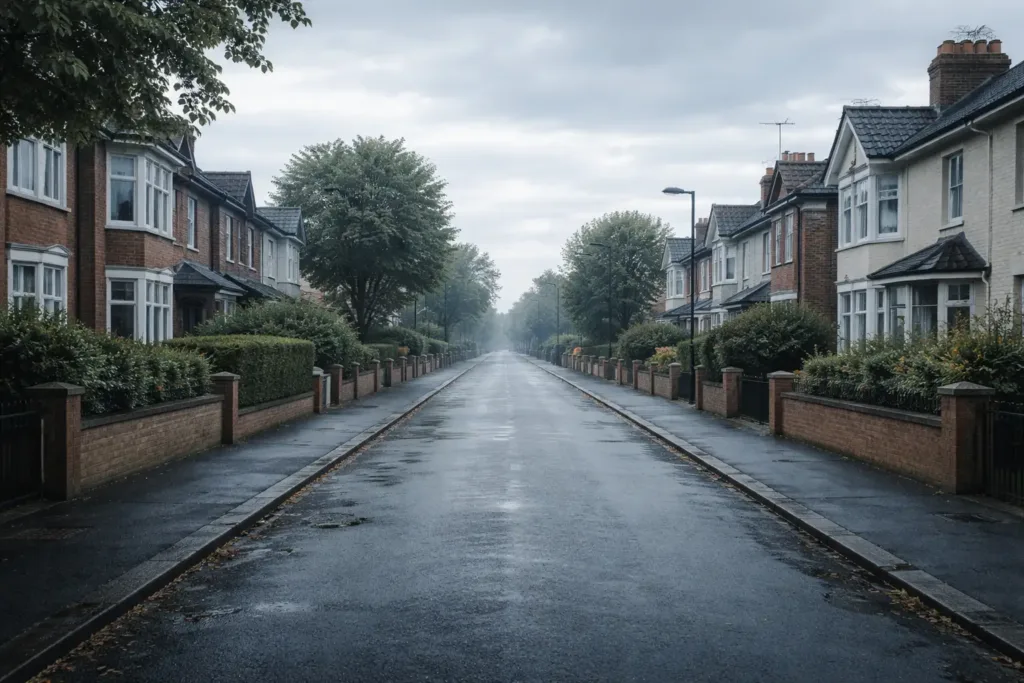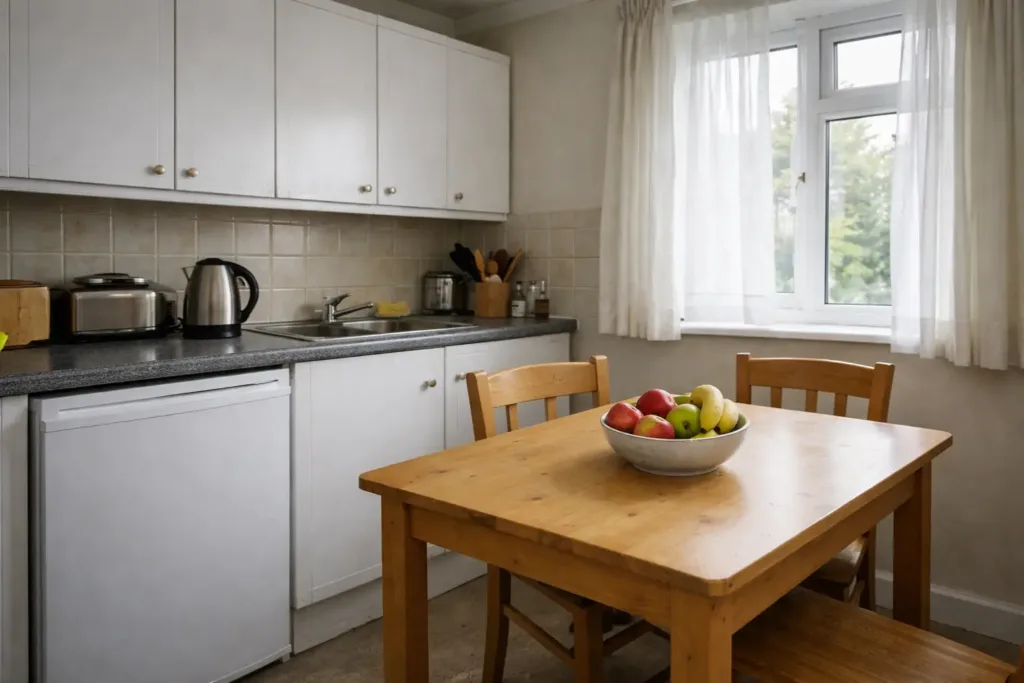DOLS meaning goes beyond legal jargon—it’s about dignity and safety for vulnerable young people in children’s homes. Discover how Welcare ensures children’s rights are protected under deprivation of liberty safeguards.
Understanding DOLS is important for people working in care settings in the UK. DOLS stands for Deprivation of Liberty Safeguards. At Welcare, we offer Ofsted-registered care to vulnerable children and young people.
Understanding DOLS is important for everyone in care settings in the UK. Not just a legal requirement, but also a moral and ethical duty. DOLS stands for Deprivation of Liberty Safeguards.
In this post, we will look at what DOLS means. We will discuss how it affects children and its legal context. We will also explain why it is important for the care we provide at Welcare.
What Is the DOLS Meaning?
DOLS, or Deprivation of Liberty Safeguards, refer to a legal framework introduced under the Mental Capacity Act 2005. It ensures that people who cannot agree to their care or treatment do not face wrongful denial of their freedom.
The meaning of DOLS involves certain situations. Someone always supervises a person.
They cannot leave. They also cannot make decisions about their care. This often happens in hospitals, care homes, or places like Welcare’s children homes.
1. DOLS Meaning in the Context of Children Homes
DOLS started by focusing on adults, but the law also includes children and young people. This is especially true for those in secure placements or special residential homes. At Welcare, we work with children who have experienced trauma, neglect, or mental health challenges. Sometimes, caregivers may need to implement restrictive care arrangements to keep them safe.
In these cases, deprivation of liberty must be:
- Legally authorized
- Proportionate and necessary
- Regularly reviewed
The DOLS meaning for children therefore includes complex care planning involving courts, social workers, and medical professionals.
2. Why Deprivation of Liberty Safeguards Exist
The core purpose of Deprivation of Liberty Safeguards is to protect individuals’ human rights. These safeguards ensure:
- Care arrangements are in the person’s best interests
- The least restrictive measures are used
- The person has a legal representative or advocate
- There is a right to appeal decisions
At Welcare, we believe DOLS means that every child deserves respect, freedom, and safety. This is true even when keeping them safe needs strong actions.

3. How DOLS Requests Work in Children Homes
If staff at a children home or supported living service believe a young person may be deprived of liberty, they must raise it with the local authority. Here’s what happens next:
- A capacity assessment is conducted
- A best interests meeting is held
- The case may go to the Court of Protection for authorisation
Welcare’s care team works closely with local authorities and legal experts. They make sure to follow all parts of the DOLS framework.
4. The Legal Test for Deprivation of Liberty
According to the Cheshire West Supreme Court ruling (2014), deprivation of liberty exists if:
- The person is under continuous supervision and control
- The person is not free to leave
- The person lacks capacity to consent to the arrangement
Understanding this legal threshold is essential for professionals working with children in children homes. It clarifies when normal safeguarding becomes a DOLS issue.
5. What Happens After DOLS Authorisation?
Once a child’s care is authorised by the courts under DOLS:
- A formal care plan is created
- Regular reviews are scheduled
- The young person receives advocacy
At Welcare, we use trauma-informed practices and therapy methods. These include CBT, Equine Therapy, and Pet Therapy. Our goal is to reduce the need for restrictive practices whenever we can.
6. How DOLS Aligns with Ofsted Regulations in Children Homes
As an Ofsted-registered provider, Welcare ensures that our policies on liberty, consent, and safeguarding are fully aligned with the latest legal and regulatory frameworks. These include:
- Children’s Homes Regulations (2015)
- Social Care Common Inspection Framework (SCCIF)
- The Children Act 1989
These important documents are more than guidelines. They form the legal and ethical basis for how children’s care should be given in the UK. For organizations like Welcare, they are an important guide. They help us stay focused on protecting the rights, wellbeing, and future of every child in our care.
The Children’s Homes Regulations (2015) set clear rules for care providers. These rules focus on children’s rights, behavior management, and restraint methods. These regulations help us apply the DOLS meaning in a manner that is consistent, transparent, and legally defensible.
The SCCIF outlines Ofsted’s framework for inspecting children’s homes. It evaluates whether children are safe, protected, and progressing well in their personal development. Within this context, Welcare embeds the Deprivation of Liberty Safeguards into every part of our daily care, from risk assessments to personalised therapeutic support plans.
The Children Act 1989 remains one of the most important legislative tools for safeguarding children. It places the child’s welfare as the paramount concern. At Welcare, this core principle underpins our interpretation of the DOLS meaning—always ensuring that any restrictive measures are a last resort and are proportionate to the risks faced by the child.
Above all, our ethos is rooted in care, fairness, honesty, and human dignity. Every member of the Welcare team is trained in the law and our ethical duty. We focus on helping vulnerable young people.
We provide mandatory training and ongoing professional development for our staff. This ensures that they prepare to protect every child’s rights, especially when they need to use DOLS.
By including the principles of Deprivation of Liberty Safeguards in our policies and culture, Welcare keeps its reputation. We are a trusted, trauma-informed provider of care in children’s homes across the UK.

7. Supporting Families Through DOLS Processes
Families often find the DOLS process daunting. At Welcare, we take time to explain:
- What DOLS means
- Why it’s necessary
- How their child’s rights are protected
We also encourage families to engage with advocacy groups and legal services to feel empowered and supported.
8. Real-Life Examples of DOLS in Action
A young resident at a Welcare children’s home needed supervision all the time. This was because of a history of running away and self-harm. While initially distressed by restrictions, the young person flourished once consistency and therapeutic support were in place.
This case highlights how DOLS can be a step toward recovery, not just restriction.
9. Preparing Children Homes for Liberty Protection Safeguards (LPS)
The Liberty Protection Safeguards (LPS) will replace the current DOLS system. While not yet implemented, the LPS aims to simplify and strengthen protections for those who lack capacity. The coverage will include more settings—including supported living—and will be applicable to those aged 16+.
Welcare is getting ready for this change. We are making sure our staff and partners know about the upcoming changes and how they will affect young people.
10. Why This Matters at Welcare
For children who come to our homes, their emotional and psychological needs can be complicated. The DOLS framework is important for them. It represents more than just a legal requirement. It represents:
- A shield from harm
- A promise of dignity
- A path to healing and hope
We believe the DOLS meaning must be understood not only in legal terms, but through the lens of compassion and child-centred care.








